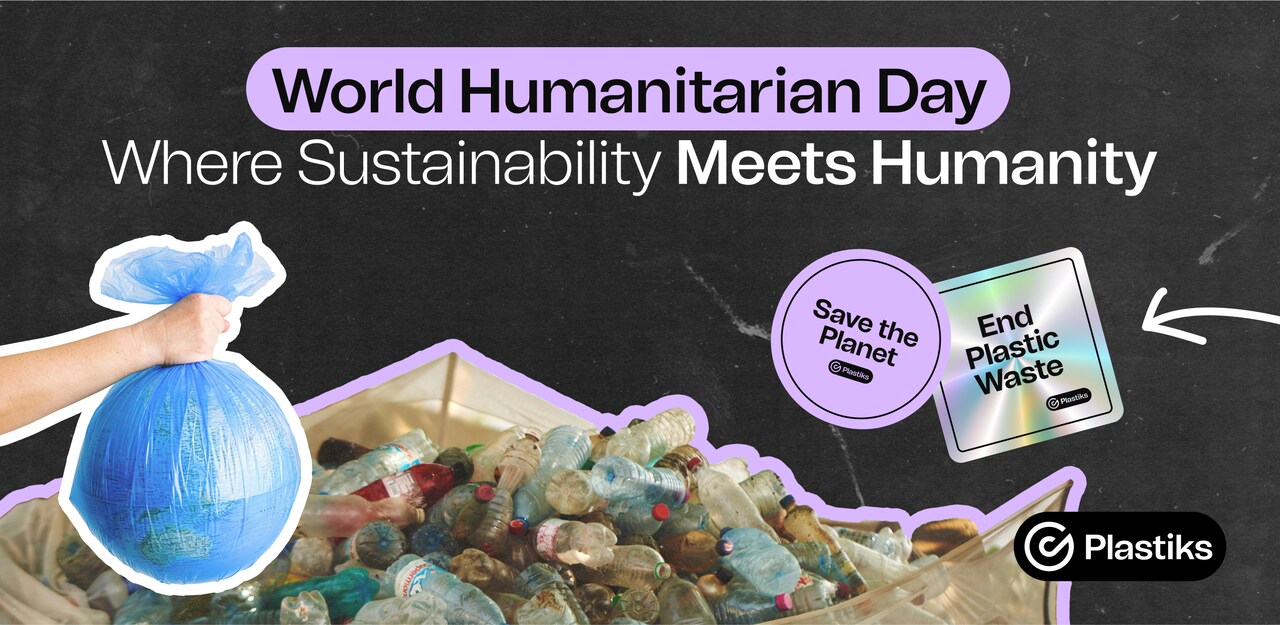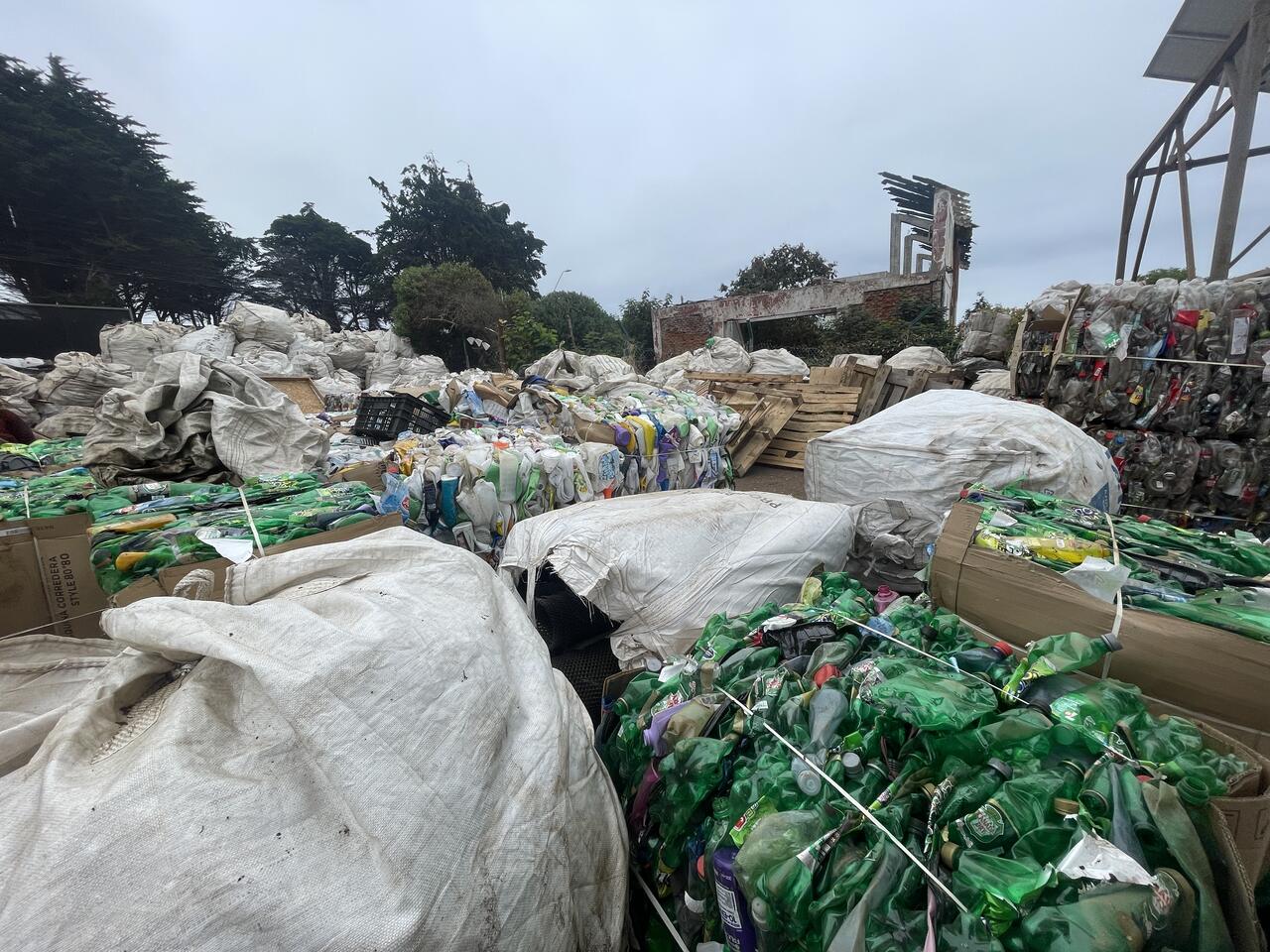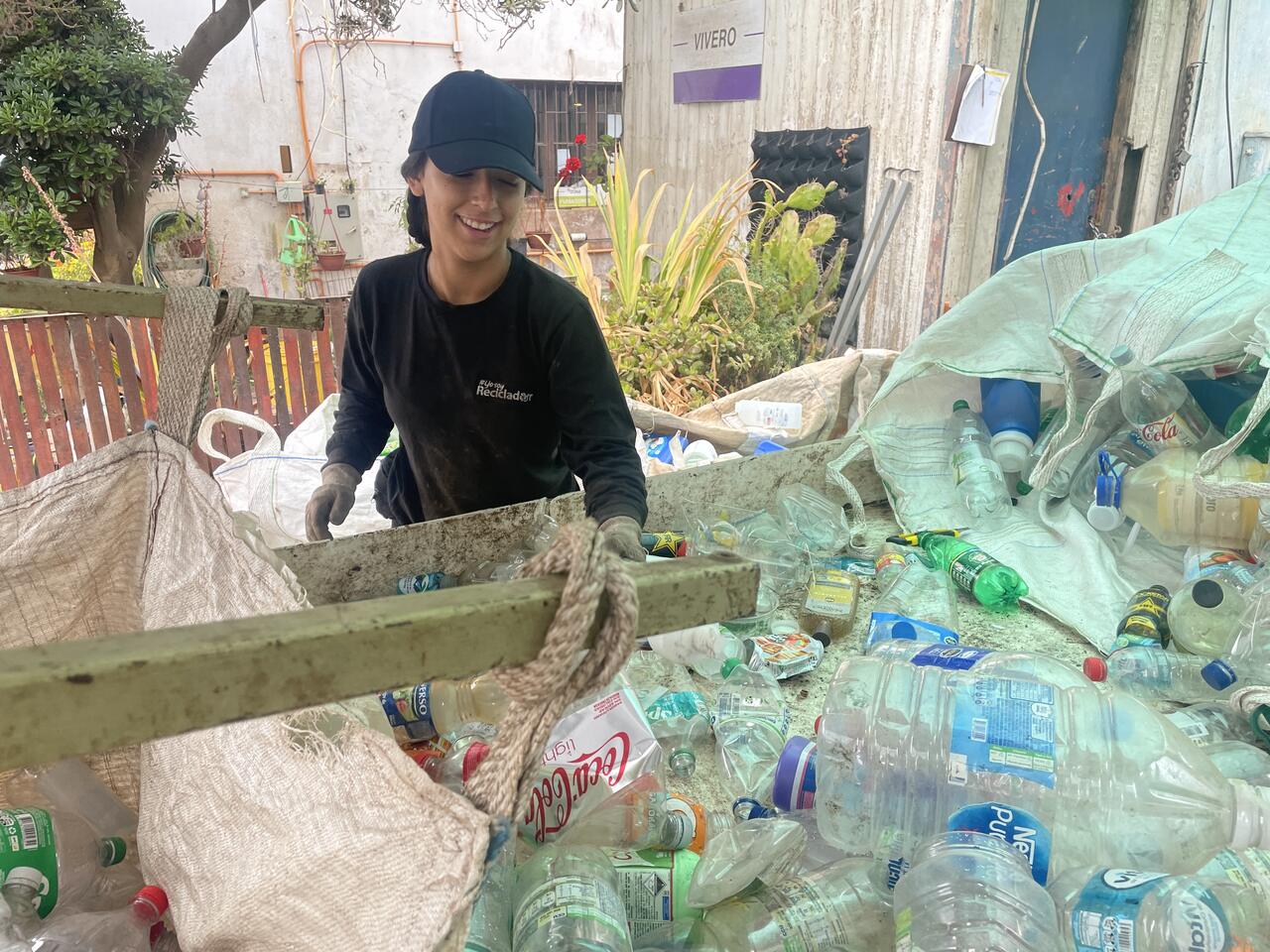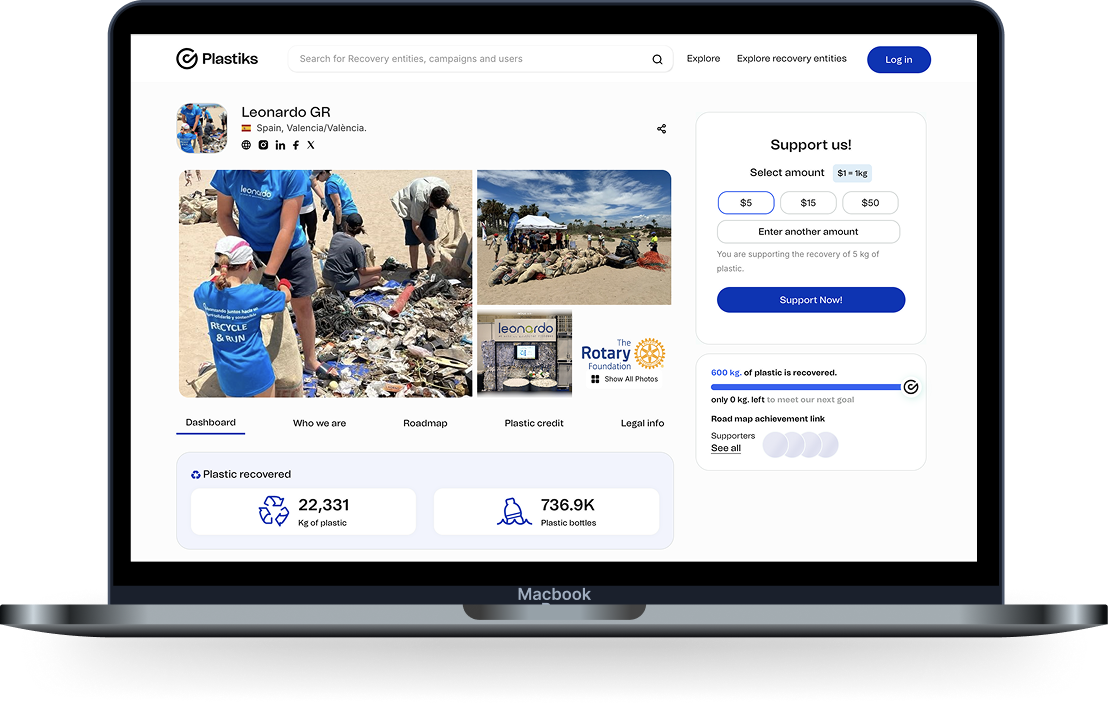How Verified Plastic Recovery Can Deliver Humanitarian Value for Brands

Plastic pollution isn’t just choking rivers and oceans, it’s putting people’s lives and livelihoods at risk. In cities across Latin America and Africa, thousands of informal waste pickers work without contracts, safety equipment, or fair pay. In coastal communities, unmanaged plastic waste fuels flooding, spreads disease, and undermines public health.
Verified plastic recovery gives brands a way to tackle both problems at once: protect the environment and support the people on the frontlines of the waste crisis.

Through Plastiks, every kilo recovered is documented, certified, and linked to real-world impact, from GreenMining in Brazil providing protective gear and stable income, to Reciclador Chile creating fairer market access for recyclers, to LIBE Green Innovation in Tanzania training women and youth to turn waste into opportunity.
This is sustainability with a human face, and it’s the kind regulators, investors, and consumers are starting to demand proof for.
The Human Cost of Plastic Pollution
The plastic crisis is often measured in metric tons and percentages, but behind every figure are human stories.
In many parts of the world, waste pickers are the backbone of recycling systems, collecting as much as 80–90% of all recovered plastic in developing countries. Yet most work without formal recognition, fair wages, or basic safety protections.
When plastic waste is left unmanaged, the damage spreads quickly. In urban areas, it blocks drainage systems, increasing the risk of flooding and waterborne disease. In coastal regions, it harms fishing livelihoods and contaminates food sources. The health impacts, from respiratory issues caused by burning waste to the ingestion of microplastics, fall hardest on vulnerable communities.
For brands, this reality is no longer out of sight or out of mind. Stakeholders are asking harder questions: Who is recovering your waste? Under what conditions? And can you prove it?
Verified Plastic Recovery in Action
Across Latin America and Africa, accredited recovery organizations are leading change where it matters most, on the ground. These are not large-scale industrial plants, but community-rooted initiatives that combine environmental cleanup with social progress. Plastiks partners with them to verify every kilo of plastic recovered, issue plastic credits, and channel funding directly into their impact roadmaps. This ensures that recovery isn’t just happening, it’s traceable, measurable, and delivering humanitarian value.
GreenMining: Brazil
GreenMining operates an intelligent reverse logistics system that tracks plastic from collection to recycling. By working with registered waste pickers, they provide protective equipment, fair wages, and formal recognition in a sector that often lacks basic labor standards.
How Plastiks supports: Through our verification technology, every recovery action is logged with photos, GPS, and timestamps. The sale of plastic credits linked to GreenMining funds safety gear, training, and infrastructure for their workers.
Reciclador Chile: Chile
Reciclador Chile unites independent waste pickers and recyclers to recover and process plastic across the country. Their work diverts significant volumes from landfills and waterways while creating economic opportunities in local communities.

How Plastiks supports: We verify their recovery volumes and materials, allowing them to present traceable proof to brands and municipalities. Plastic credit sales provide direct funding that helps improve working conditions and expand collection efforts.
LIBE Green Innovation: Tanzania
Founded by Liberatha Kawamala, a woman leading sustainability, LIBE Green Innovation empowers women and youth to collect, sort, and repurpose plastic waste. By transforming waste into useful products, they create new income streams and inspire community-wide change through education programs.
How Plastiks supports: Our platform certifies every kilo recovered by LIBE and connects them with buyers who want to link their ESG commitments to real, on-the-ground impact. Funding from plastic credit sales supports job creation, training, and zero-waste initiatives.
Why Verified Recovery Matters for Brands
For brands operating under increasing regulatory pressure, from EPR fees to upcoming PPWR requirements, verified recovery is no longer a “nice to have.” It’s the bridge between compliance, credible ESG reporting, and a stronger brand reputation.

The work of organizations like GreenMining, Reciclador Chile, and LIBE Green Innovation shows what’s possible when recovery is both traceable and human-centered. Each plastic credit purchased through Plastiks:
- Meets compliance demands by providing verifiable data for EPR, PPWR, and CSRD reporting.
- Delivers humanitarian value by funding safer jobs, fair wages, and local community projects.
- Builds consumer trust by linking your brand directly to tangible, documented impact.
This is more than offsetting, it’s proof-backed action that demonstrates your packaging footprint is being addressed responsibly and transparently. And in an era where regulators and consumers alike are demanding evidence, that proof can become one of your most valuable brand assets.
From Compliance to Lasting Humanitarian Impact
Regulations like EPR and PPWR are reshaping how brands think about plastic waste, but they also open the door to creating measurable, long-term change for communities most affected by it.
By partnering with Plastiks, you’re not only covering your compliance needs; you’re investing in safer working conditions, fairer pay, and environmental health in regions where it matters most. Every plastic credit funds recovery efforts with faces, names, and stories behind them, people like the waste pickers of São Paulo, the recyclers of Santiago, and the women-led teams in Tanzania turning plastic waste into livelihoods.
On World Humanitarian Day, the opportunity is clear: Prove your impact, protect our planet, and stand with the people who make recovery possible.
Book a consultation today to explore how your brand can link verified plastic recovery to real humanitarian outcomes.

